Health and nutrition

Christmas dinner dangers
Christmas is a time of family, fun, and most importantly FOOD! However, as all the delicious treats are being handed around, it’s important to make sure your four-legged friend doesn’t indulge.
Dangers of chocolate to pets
Are you a self-confessed chocolaholic? While chocolate makes a delicious treat for humans, it is toxic for our beloved cats and dogs. So, it’s important (especially around the festive periods) to make sure you keep this simply irresistible treat out of paws reach!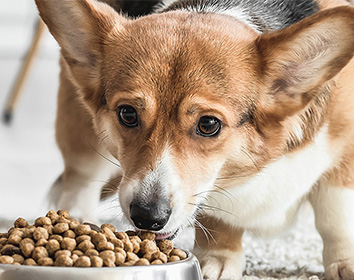
Humanising your dog’s diet
For many years there have been trends for humans concerning what they eat. Whether it’s going plant-based, low-carb, following a Mediterranean diet or avoiding certain meats due to their fat content. However, should we be transferring our ‘human hang-ups’ to our dog’s diet?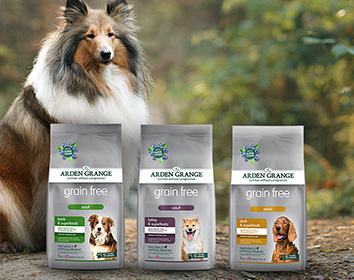
Get started with grain free
Our precious pups rely on us to give them the care they need and deserve, and part of that care involves making the right choices. Which can involve big decisions, such as what they eat!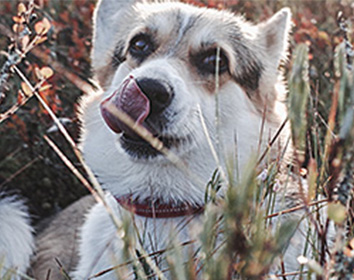
Got a food sensitivity?
Like their owners, dogs can experience sensitive skin and digestion. While this could be a stand-alone or seasonal condition, symptoms can sometimes be caused by an allergy or intolerance to an ingredient in their food. By leaving these issues unmanaged your dog can experience a ‘ruff-time’.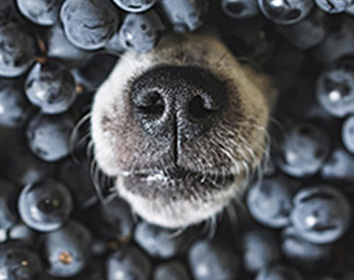
Supercharging superfoods
The benefits of adding superfoods to our diets are increasingly gaining recognition. Rich in certain compounds, these foods hold powerful potential to boost our health and that of our pets.
Seizures - what should I feed?
Does your dog or cat have epilepsy or suffer from seizures? Is there anything you should feed or avoid? Here is our advice...
Signs of sensitive skin
Scratch a dog and you will have a friend for life. A popular saying! We are used to seeing our pets scratch an itch – while admiring their dexterity! However, is this behaviour a sign your dog or cat is suffering the discomfort of sensitive skin?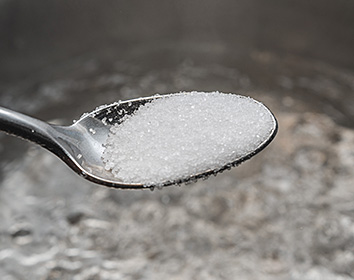
Electrolyte solution for dogs
Has your dog had a bout of the runs? Did you know you can prepare your own electrolyte solution at home to help your dog with diarrhoea?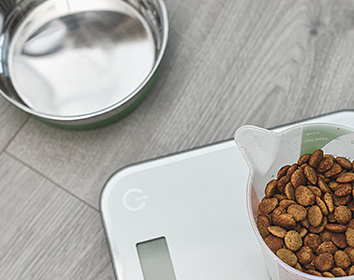
Feeding too much?
Are we feeding our cats and dogs the right amount? There more factors affecting how much your pet should eat than you think. Here is how to get it right.
Sensitive stomach?
Almost every pet especially those with access to the outdoors, will have an upset tummy at some point. But how can you tell if your cat or dog has a sensitive digestion?
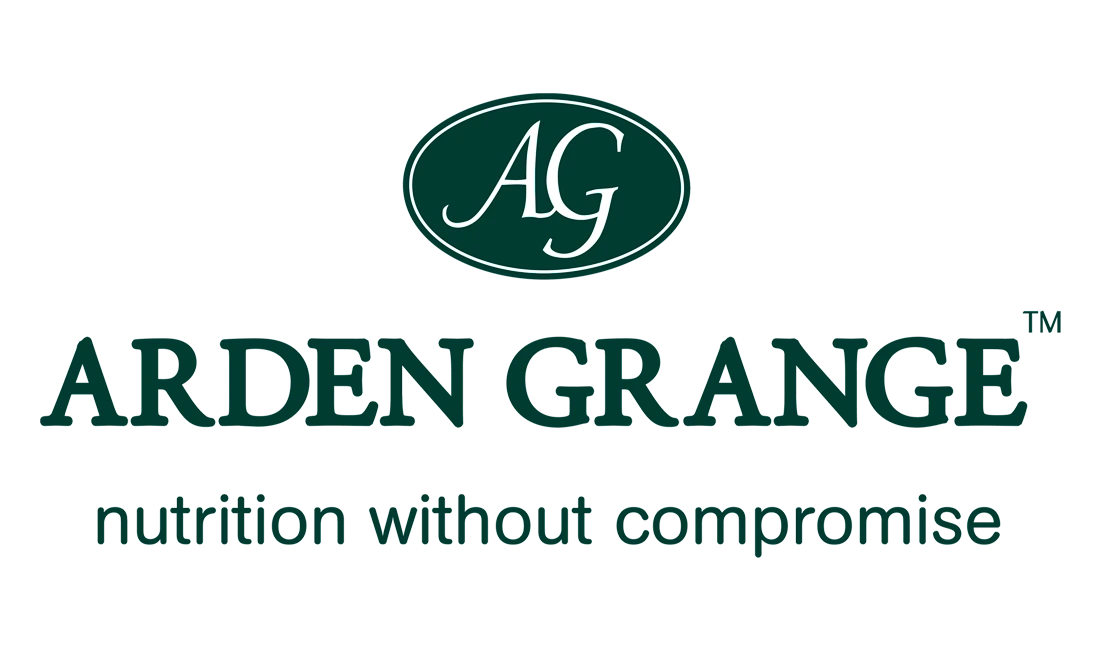

 Puppy
Puppy
 Adult
Adult
 Senior
Senior
 Sensitive
Sensitive
 Treats
Treats Kitten
Kitten
 Adult
Adult
 Senior
Senior
 Trusted British Brand
Trusted British Brand

